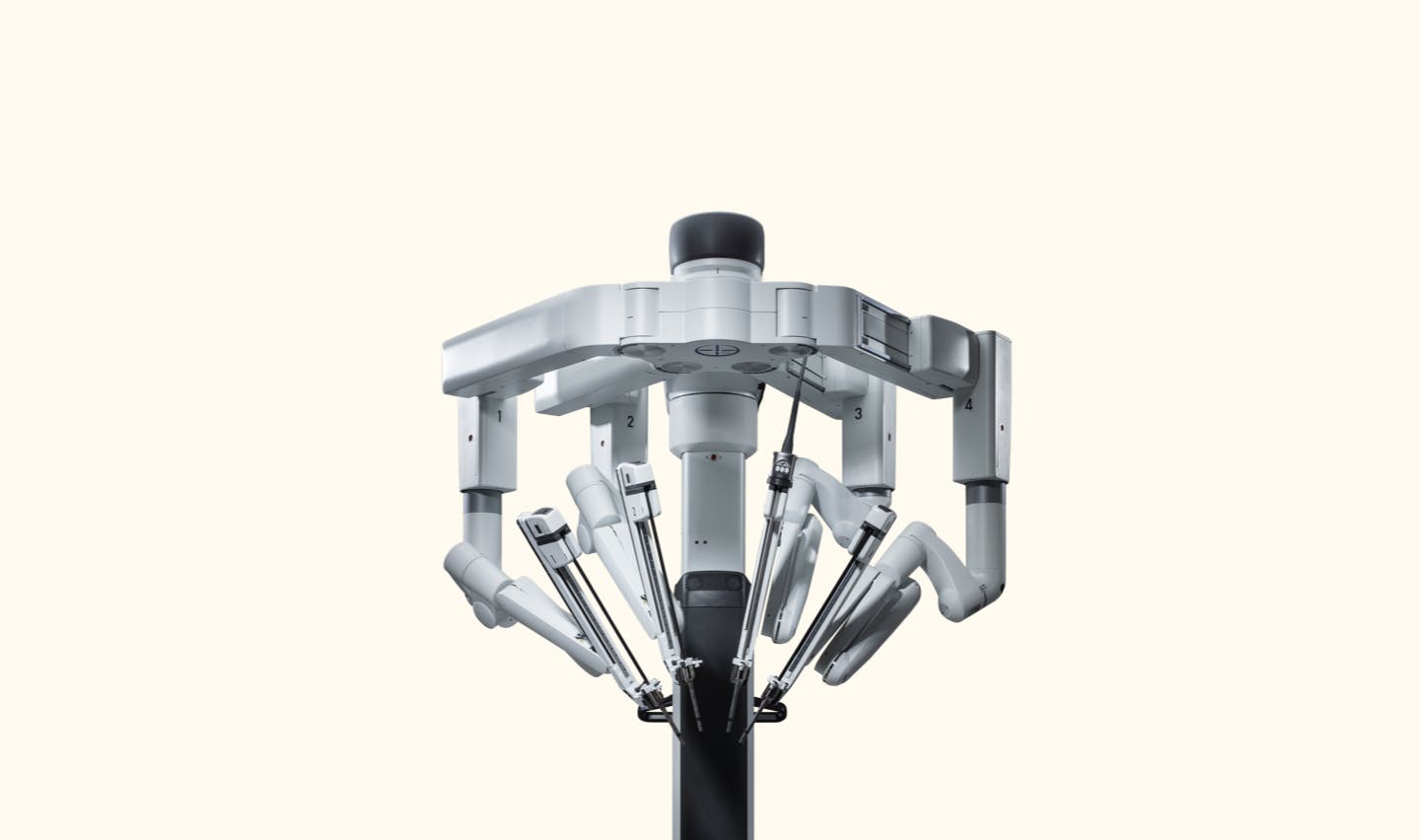Surgeons praise robot assisted surgery because it increases patient safety with “less downtime, less scarring, and less than a 3 percent complication rate”. The patients are able to recover faster, there’s less blood loss, and fewer complications, plus the ability to be more precise than with the hands.
Unfortunately, robot assisted intervention is not totally without risk: More than 2,000 cases of use have been categorized as involving injuries and 274 were categorized as deaths. Although Intuitive Surgical recalled 175 robots in the last decade, the number of recalls is decreasing.
"We have reached a peaking point in 2014 with 49 recalls, but dropped to 8 in 2018. In the past two years, recalls included minor adjustments such as instruction clarifications and software updates."
Despite this, the number of robot assisted surgeries performed in the United States with Da Vinci robots has increased by 52 percent since 2013, to nearly 700,000 procedures in 2017.
Dr. Robert Poston, chief of cardio-thoracic surgery at SUNY Downstate Medical Center, is an avid user of the robot. He says his patients are able to recover faster, there’s less blood loss, and fewer complications. But he also believes many surgeons begin using the da Vinci with too little training. The lack of training is the main reason behind undesirable and unexpected situations.
"For Poston, “We shouldn’t be operating until we’ve done all of the training that we think is reasonable.”"
Robotic Assisted Surgery Masterclass
Pr. Jean-Marc Baste have been working with Da Vinci robots for several years now. The combination of images allows a new concept of precision navigation for lung resection which we call : Thoraco-Navigation. This ThoracoNavigation system will open a new Era of Thoracic surgery for early stage cancer treatment. And because it is the medicine of tomorrow, he is organizing a RATS Masterclass called: Revolution in RATS: Combining New tech and no tech processes. This is an opportunity to understand the latest technological advances in robotics, planning and safety through new medical devices (Intuitive Surgical, Therapixel, MEDtronic, Johnson & Johnson…).
What will you learn ?
- How to manage a crisis through live case simulation,
- Operative security: team training and crew resource management,
- Pre-operative planning (with 3D imaging) and marking (virtual bronchoscopy and mini-phrobe),
- How to use new medical devices,
- Tricks and tips in complex cases.
This part of the course will draw on the expertise of different specialists: an anesthesiologist, a radiologist, a human factor expert from aviation, a psychologist, a specialist in communication and of course a surgeon.
If you are interested in mastering robot assisted thoracic surgery, and if you want to better control the balance between new tech and no-tech processes, Please contact Invivox for registration.
More info here: Invivox/Revolution in RATS Masterclass

